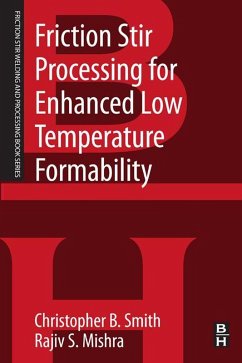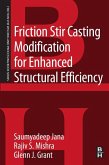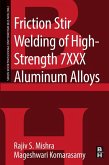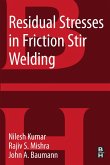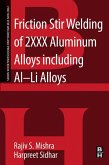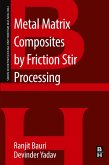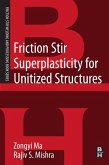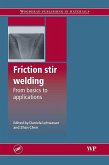The use of friction stir processing to locally modify the microstructure to enhanced formability has the potential to alter the manufacturing of structural shapes. There is enough research to put together a short monograph detailing the fundamentals and key findings. One example of conventional manufacturing technique for aluminum alloys involves fusion welding of 5XXX series alloys. This can be replaced by friction stir welding, friction stir processing and forming. A major advantage of this switch is the enhanced properties. However qualification of any new process involves a series of tests to prove that material properties of interest in the friction stir welded or processed regions meet or exceed those of the fusion welded region (conventional approach). This book will provide a case study of Al5083 alloy with some additional examples of high strength aluminum alloys.
- Demonstrates how friction stir processing enabled forming can expand the design space by using thick sheet/plate for applications where pieces are joined because of lack of formability
- Opens up new method for manufacturing of structural shapes
- Shows how the process has the potential to lower the cost of a finished structure and enhance the design allowables
Dieser Download kann aus rechtlichen Gründen nur mit Rechnungsadresse in A, B, BG, CY, CZ, D, DK, EW, E, FIN, F, GR, HR, H, IRL, I, LT, L, LR, M, NL, PL, P, R, S, SLO, SK ausgeliefert werden.

